Best of Cappuccino: Lack of Affordable Housing is Killing the Arts
Covid made a bad situation so much worse
I’m in Houston visiting my adult kids, which is why I will be posting a “Best of” series this week and next, articles that you may have missed reading the first time around. I’m hoping to drop in periodically with some fresh perspectives, so stay tuned.
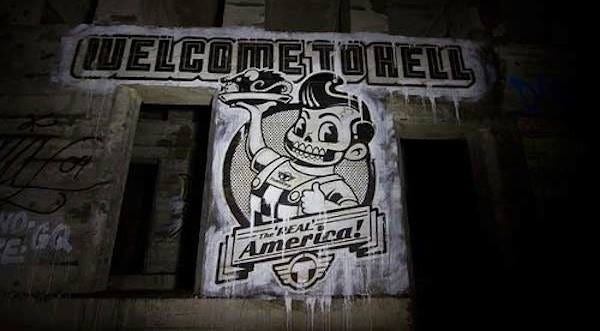
When people ask me why I moved to Italy, I often give them my “overall reasons”—I fell in love with the country and fell in love with a man who lives here. Seems pretty self-explanatory, right?
But what I usually leave out is how impossible it would have been for me, had I stayed in the U.S., to transition from working seven days a week as a group fitness instructor and personal trainer, while writing part time, to becoming a full-time freelance author. Impossible not in the hyperbolic, poor-me sense, but literally impossible. And one of the biggest obstacles to me staying in my native country and fulfilling not a dream but a destiny was the lack of affordable housing.
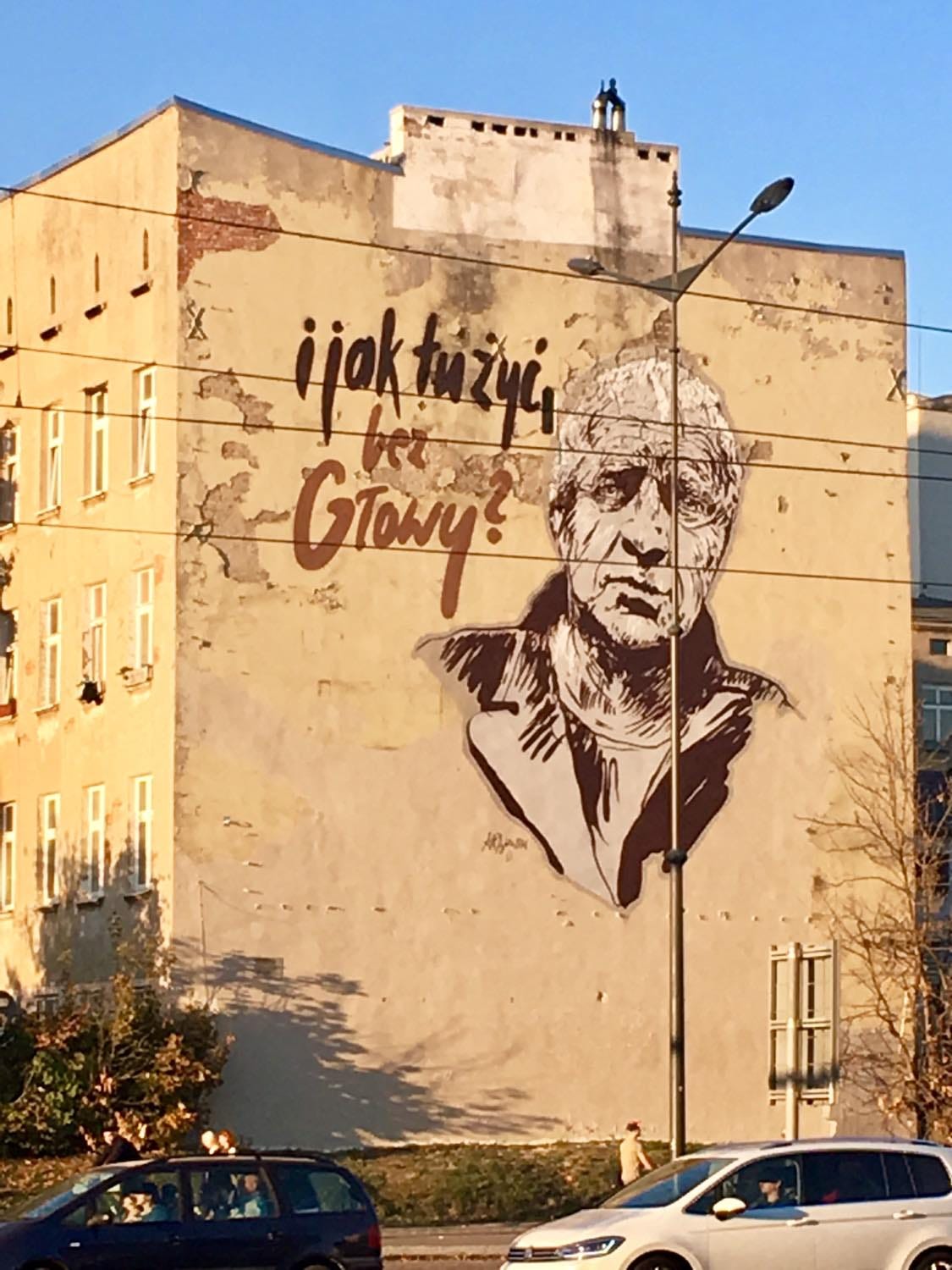
I lived in Houston, which may not yet have achieved New York City prices, but has been climbing steadily upward. In 2008, I moved into a ratty apartment behind a shopping mall that cost me $750.00 in rent. My son and daughter had to share a bedroom. By 2014, I was paying $1600 a month. I went from having to work five days a week to busting my hump all seven (Houston’s frequent natural disasters, hurricanes, and floods, were automatic time off, but always without pay.)
In just a few short years, life had depleted me. Every time I sat down to write, I’d either fall asleep with the pen in my hand or I couldn’t hold the pen at all. I thought it was nerve damage from lifting weights. It turns out I was just exhausted.
I was hardly alone. Artists everywhere have side hustles that are anything but. The need for money overwhelms all else. Ironically, artists are major contributors to the economy, often making the difference between a city that’s vibrant and exciting and one that tumbleweeds blow through.
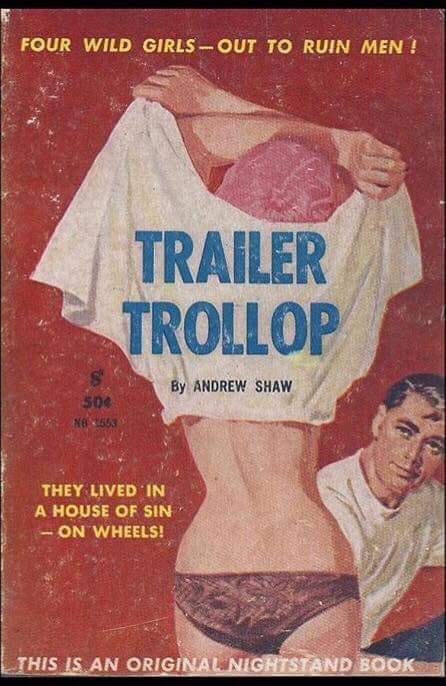
Case in point.
Artists create a cultural economy, one that pulled in $763.6 billion in 2015 and employed almost 5 million Americans, according to a Bureau of Economic Analysis and a National Endowment for the Arts study. But there’s a whole second-tier event-related, economic spinoff, like dining out before seeing a show, for instance, that supports 2.3 million jobs and injects another $15.7 billion into the national economy. That’s not chump change.
Every time you sit down in a restaurant patio, pop open a cold one, and listen to music, you are participating in that cultural economy. Reading this article, you are participating in that cultural economy. Those gorgeous, building-sized murals downtown? An artist or possibly a team of artists create those, and they not only need unstructured time to ply their craft, they need an affordable place to lay their heads at night.
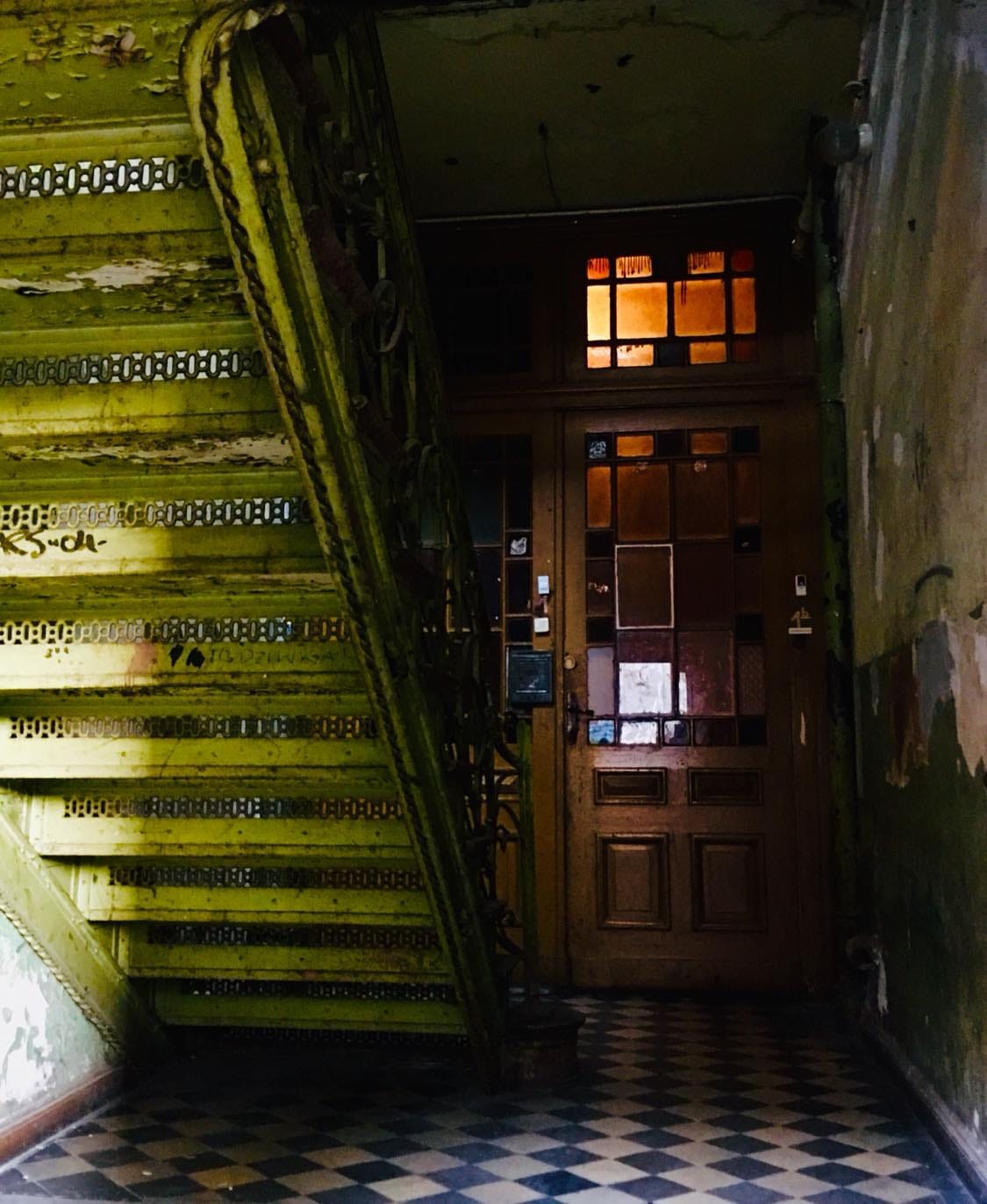
There are more artists in the United States than coal miners. We need to pay attention to this issue.
Without help, artists can’t afford to make art. They’re hustling to pay rent every month, not to mention the thousands of dollars in other expenses (cell phone service, food, healthcare, an internet service provider, a car.) No wonder so many talented artists give up their creative work and start pulling 40+ hours a week at UPS. They back-burner their dreams because they have to.
These aren’t people looking for hand-outs while they “play artist.” These are serious professionals, ones who have the power to salvage local economies. Twelve years after being devastated by Hurricane Katrina, New Orleans took in over $9 billion the year before Covid struck, and that city’s glorious jazz offerings were the biggest draw.
My brother, acclaimed tenor saxophonist Ellery Eskelin, lives in a hi-rise called Manhattan Plaza in New York City. The building is subsidized by the city for the specific purpose of housing artists. Without it, Ellery would have never been able to afford New York City prices while working as a jazz musician. The waiting list to move into Manhattan Plaza is years long.
Every major U.S. city needs a Manhattan Plaza—more than a few. If you think the affordable housing crisis just affects poor people, imagine what a soul-crushing reality it is for artists; poor but driven to create, yet without the means to do so.
A thriving arts community doesn’t just pull in tourists and spur economic growth, it entices well-educated, affluent millennial tech workers to gentrify shabby neighborhoods—neighborhoods that artists make appealing but price themselves out of.
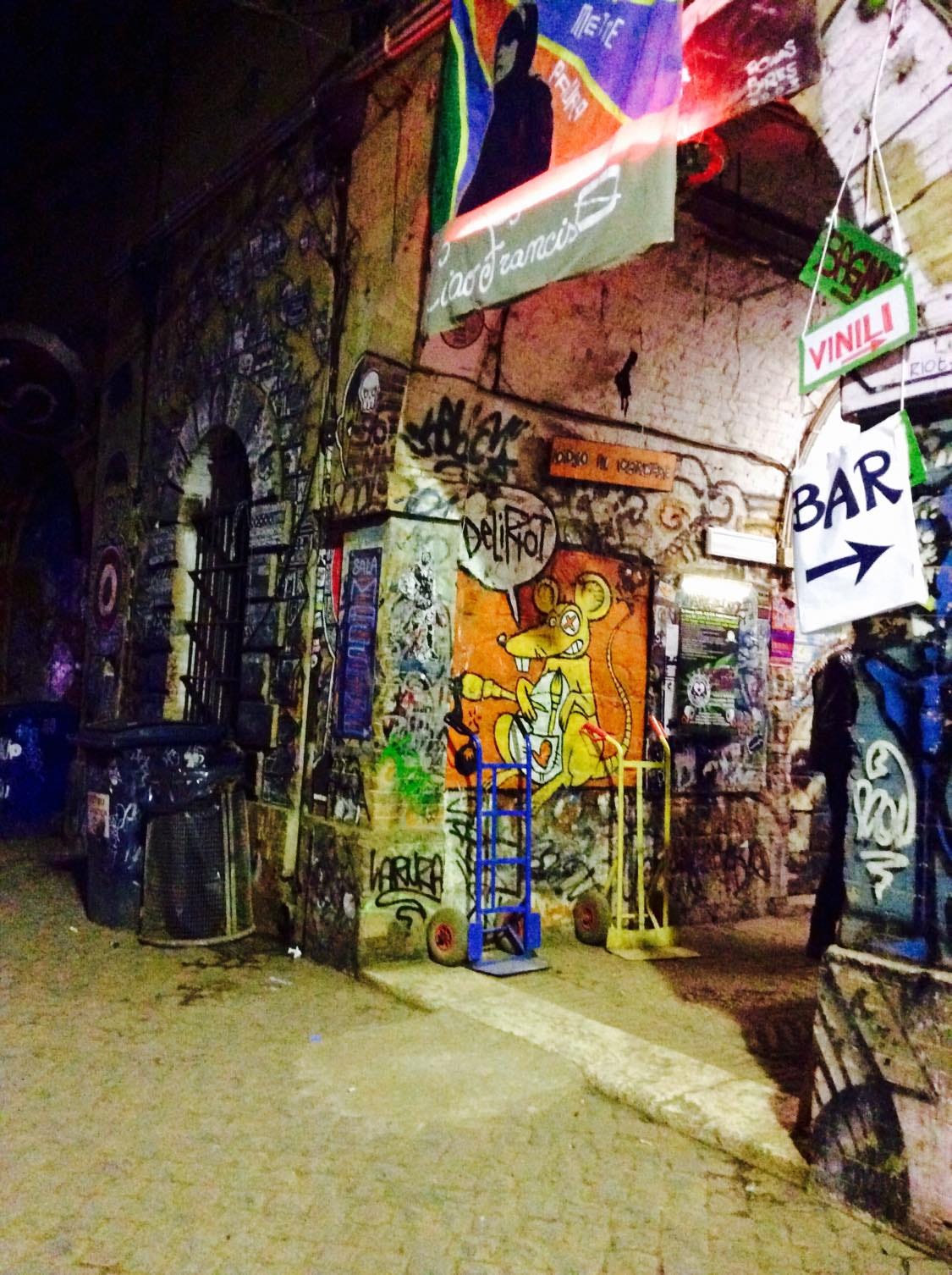
This is why affordable housing for artists is a must. Commercial property developers must be incentivized to create low-income artist housing by having their federal tax burden reduced. In cities like New Orleans, subsidizing its artist and musician community is taken seriously. After Hurricane Katrina, three abandoned buildings that became the Bell Artspace campus were transformed into 79 affordable units for low-to-moderate-income artists. Even its common spaces were repurposed for creative use.
We need more of this. A lot more of this.
Would I live in the United States again if I could afford it on my freelance wages? Yes. So would my boyfriend, a native New Yorker, who has worked as a jazz drummer his entire life. We miss our families. We miss our language. We miss our culture. But until a place is made for us and others like us who have fled to Europe in order to survive, that dream is a rainbow that vanishes the moment you think you’ve found it.
We are exiles, even on native soil. And entire communities, townships, and states suffer because of the marginalization of artists.
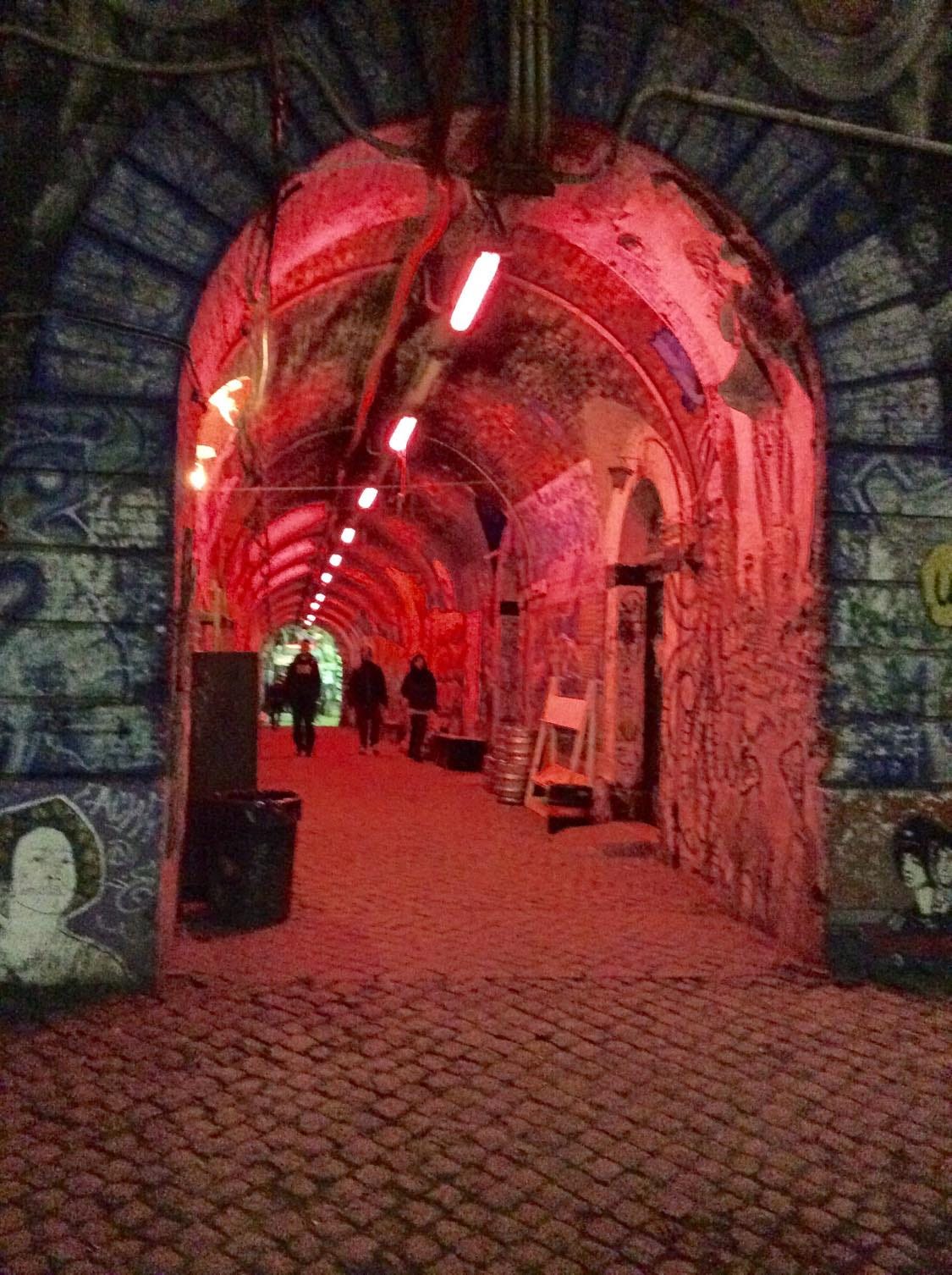
Make room for us, and we will create things of beauty that everyone can enjoy. We can raise cities from the ashes of Covid and decay. We have the ability to transform lives and inspire future generations. We translate our moment in time into words, music, dance, images. We reflect back what you see every day, only in technicolor.
This world needs artists.
I’m always happy to hear from you! Feel free to leave your comments below.




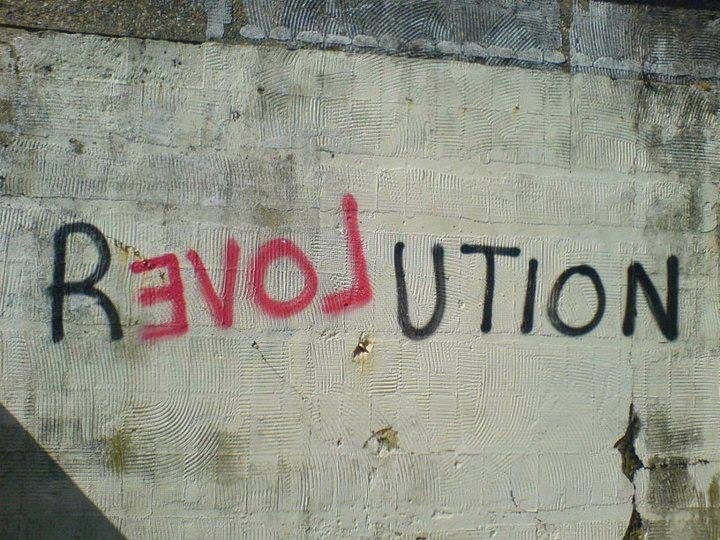
Great article. Subsidizing artist housing is such a productive idea. Everybody wins! Especially the neighborhoods. Gentrification doesn't have to price out the creatives; it doesn't have to mean only the rich can afford to live there.
'Riches' might have to be redefined to mean 'community'. An awesome thought. Thank goodness there are a few enlightened souls out there, like your brother's landlords, who see more value in encouraging the arts than in lining their already full pockets.
What a thorough and beautiful defense of the arts and artists.
I feel like most of the US doesn’t value how much we do for everyone’s benefit. City politicians just don’t see the connection. It seems like too big of a leap. It’s only in cities where artists have somehow already carved out a cultural scene. Or, I guess you could move to a beaten down backwater where rents and housing are lower, although even many of those places now have inflated housing costs, as corporations and greedy rich folks buy up properties to make more money renting them as short term rentals only. The cost of housing and healthcare are so high, that I have little time to do artistic photography any more. I spend almost all my time doing the least artistic shoots, because they are the ones that can help me pay our bills.